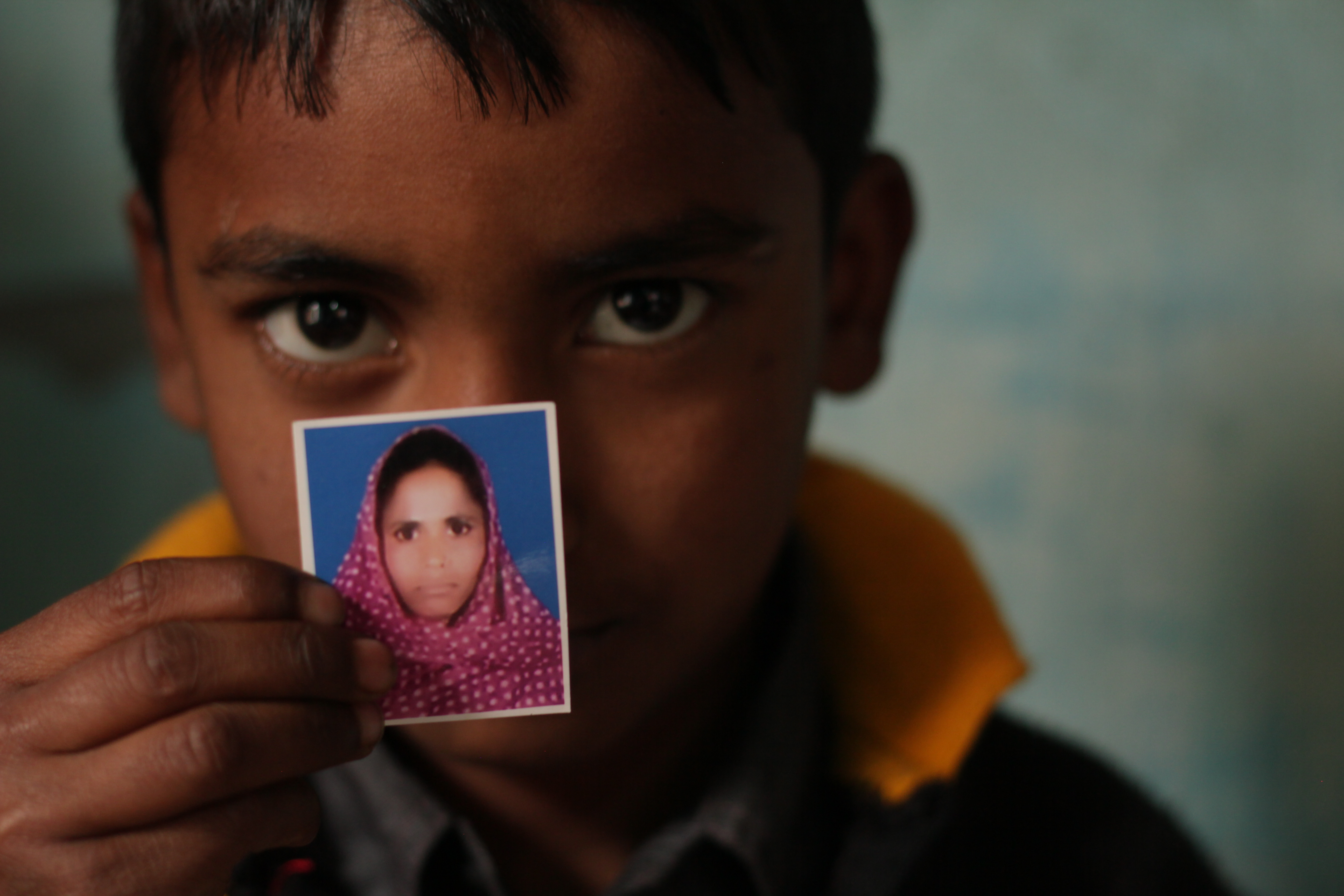More than two years after the collapse of the Rana Plaza complex compensations can finally go to the victims and their families. The Clean Clothes Campaign conducted a two-year campaign to pressure large international chains who made clothes in one of the five plants of the Rana Plaza complex to compensate the victims. More than a million consumers in Europe and other parts of the world took part in actions and petitions. On the second anniversary of the collapse, there was still a $ 2.4 million deficit in order to achieve the target of 30 million USD. An anonymous donation filled the gap.
The Rana Plaza Donor Trust Fund was established by the International Labour Organisation (ILO) to raise money for medical costs and loss of income for the Rana Plaza victims and their families. In November 2014 the Coordination Committee of the Fund announced that $ 30 million was needed to cover the 5000 claims. Because the contributions of brands and chains were slow in coming, the initial compensations could only partially be paid.
The CCC calls on policy makers to ensure that future disaster victims quickly get the compensation they are entitled to. The ILO initiative in Bangladesh to establish a workers' compensation insurance for four million workers in the clothing sector is therefore more than welcome. On European level, there is a need to develop instruments that hold European brands and chains accountable for working conditions in their supply chain.
"This is a great victory, but it has taken far too long," said Sara Ceustermans of the Clean Clothes Campaign in Flanders. "That brands and chains which together make more than 20 billion dollars profit annually needed two years and immense pressure to raise 30 million USD. This shows that can not leave the initiative to produce ethically solely to the sector. Access to remediation for victims must come naturally, and not have to be the result of public pressure."
The Rana Plaza Donor Trust Fund was established by the International Labour Organisation (ILO) to raise money for medical costs and loss of income for the Rana Plaza victims and their families. In November 2014 the Coordination Committee of the Fund announced that $ 30 million was needed to cover the 5000 claims. Because the contributions of brands and chains were slow in coming, the initial compensations could only partially be paid.
The CCC calls on policy makers to ensure that future disaster victims quickly get the compensation they are entitled to. The ILO initiative in Bangladesh to establish a workers' compensation insurance for four million workers in the clothing sector is therefore more than welcome. On European level, there is a need to develop instruments that hold European brands and chains accountable for working conditions in their supply chain.
"This is a great victory, but it has taken far too long," said Sara Ceustermans of the Clean Clothes Campaign in Flanders. "That brands and chains which together make more than 20 billion dollars profit annually needed two years and immense pressure to raise 30 million USD. This shows that can not leave the initiative to produce ethically solely to the sector. Access to remediation for victims must come naturally, and not have to be the result of public pressure."










